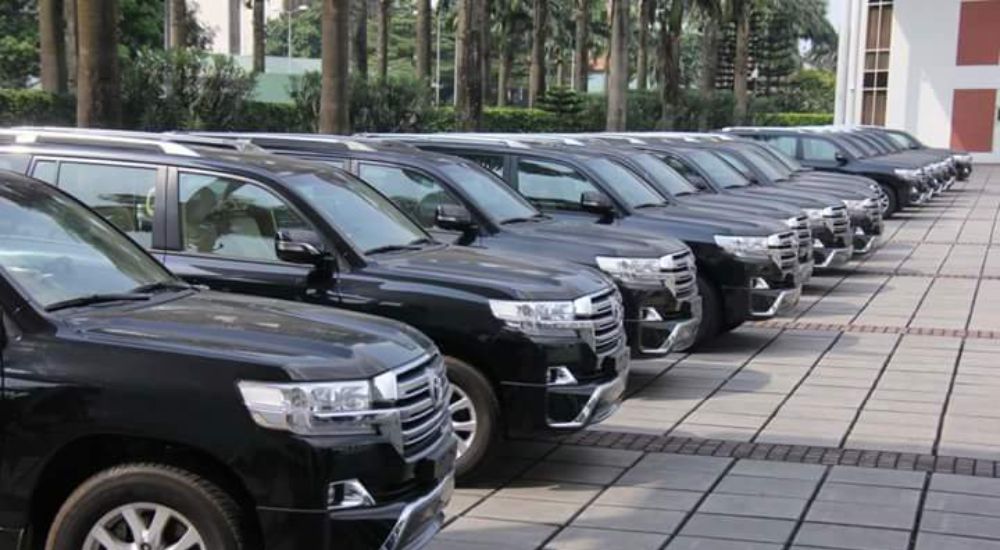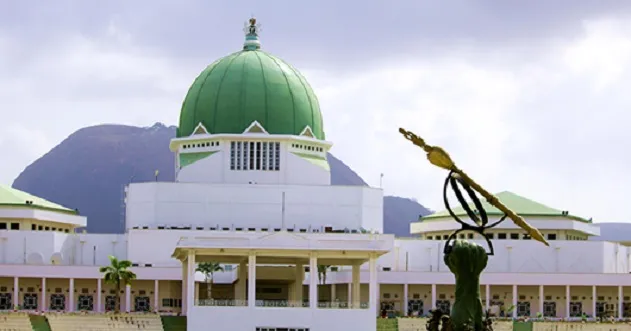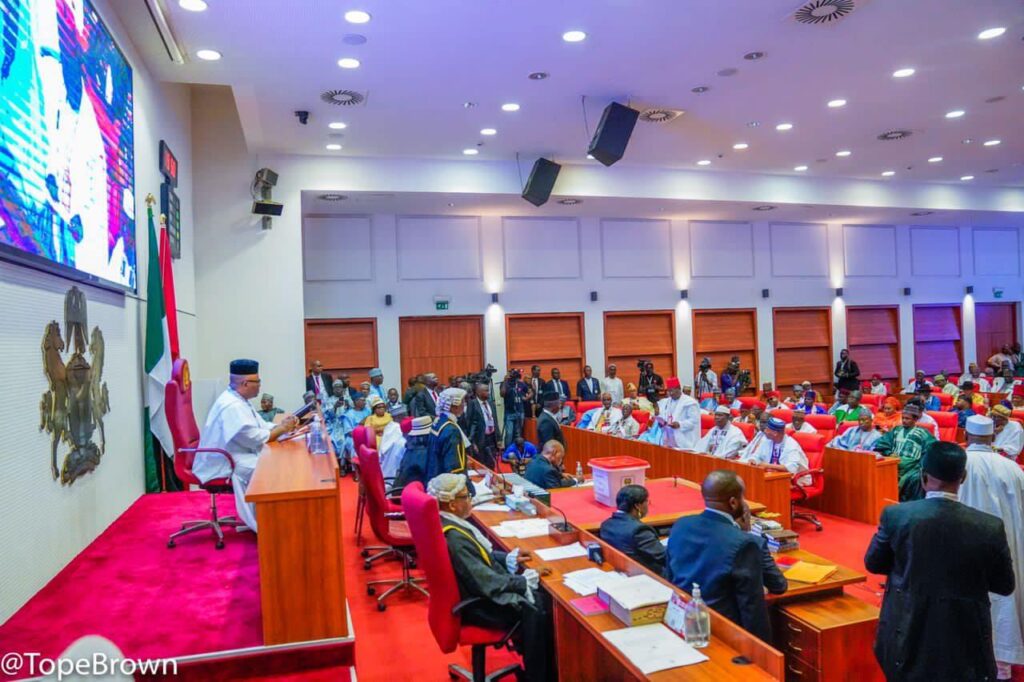
CURRENT REPORT BLOG The recent buzz in Nigeria’s political landscape surrounds the planned purchase of luxury vehicles for lawmakers. This decision has stirred up debate and controversy, with many questioning the wisdom of such an investment, especially in light of the country’s economic challenges. The Senate has come forward to defend this decision, citing durability and maintenance as key factors in their choice.
The Senate Perspective
Senator Sunday Karimi, the Chairman of the Senate Committee on Services, recently addressed the media in Abuja, shedding light on the Senate’s rationale for acquiring luxury vehicles for lawmakers. According to Senator Karimi, the leadership of the National Assembly decided to opt for these vehicles due to their durability and ease of maintenance over a four-year period.
In their view, investing in high-quality vehicles ensures that lawmakers can carry out their duties effectively and without interruptions caused by frequent maintenance or vehicle breakdowns. While this perspective offers some insight into the Senate’s decision, it’s essential to examine the broader context to understand the complete picture.

Comparing Lawmakers and Ministers
One argument put forth by Senator Karimi is that Nigerians have been quick to criticize lawmakers for this choice but have overlooked the fact that ministers also have access to multiple luxury vehicles. He pointed out that some ministers possess more than three Land Cruisers, Prado SUVs, and other high-end vehicles, and yet, there seems to be little public scrutiny regarding this matter.
This perspective invites us to consider whether the focus on lawmakers is fair or if it’s part of a broader conversation about government expenditure and accountability. The discussion on the allocation of resources, transparency, and fiscal responsibility in governance is an essential one that transcends the choice of vehicles.

Public Outcry and Legal Challenges
The decision to purchase luxury vehicles for lawmakers, particularly members of the House of Representatives, has not been without controversy. The public’s reaction to this news has been palpable, with concerns raised about the cost and appropriateness of such an investment, especially during challenging economic times.
Organizations like the Socio-Economic Rights and Accountability Project (SERAP) have taken legal action by seeking an injunction to prevent the delivery of these SUVs until the matter is thoroughly reviewed by the court. They argue that the cost of these vehicles, valued at 160 million naira each, is a significant burden on the nation’s finances, and their procurement should be subject to further scrutiny.











